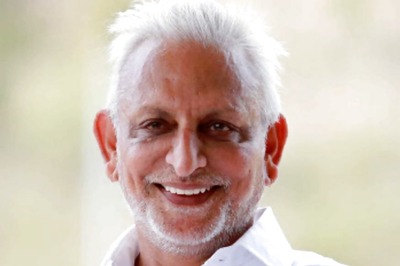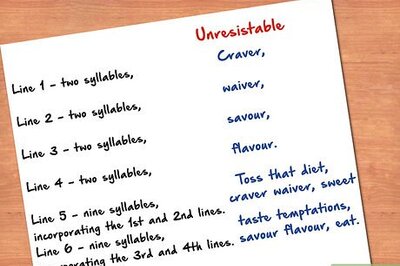
views
Russian foreign minister Anton Siluanov on Sunday warned that it is fair for Russia to pay off its sovereign debt payments in rubles as he accused the western nations of pushing the nation into ‘artificial default’, Financial Times said in a report.
The news agency citing a JPMorgan report said that Russia will make a combined $117mn in interest payments this Wednesday on two dollar-denominated bonds. The bond’s contracts, however, do not allow Russia to have the option of paying in rubles.
“The freezing of foreign currency accounts of the Bank of Russia and of the Russian government can be regarded as the desire of a number of foreign countries to organise an artificial default that has no real economic grounds,” Siluanov said in a statement accessed by AFP.
Siluanov said that Russia needs to pay for critical imports as well as for food, medicine and several other essential commodities. He accused the nations to whom Russia owes the money have been unfriendly towards Russia by limiting the ability to use its foreign currency reserves. “We will pay off our debt to these countries in the equivalent of rubles,” Siluanov said.
The sanctions imposed on Moscow by the US and its allies target $300 billion of Russia’s foreign currency reserves which are held outside Russia. Russia may find itself forced into ‘default’ since the status regarding the payments due on Wednesday remains uncertain.
An AFP report pointed out that if Russia fails to make the bond payment it will enter an automatic 30-day grace period and following the expiry of the grace period it would be considered in default.
The FT report pointed out that international investors have at least $170 billion in Russian assets. The foreign currency bonds amount to at least $20bn.
Russia’s ruble has also fallen since the onset of the war in Ukraine, marking the highest annual fall since 1998 when it last went into default owing to a drop in the prices of oil and other commodities in the aftermath of the first Chechen uprising.
Russian president Vladimir Putin amassed $600 billion foreign currency reserves using oil exports and keeping debt low but half of it held abroad remain inaccessible due to sanctions.
Read the Latest News and Breaking News here




















Comments
0 comment